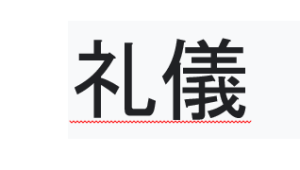
“I see no alternative, each of us must turn inwards and destroy in himself all that he thinks he ought to destroy in others. And remember that every atom of hate we add to the world makes it still more inhospitable.
And you, Klaas . . . dismayed and astonished at the same time, say “But that – that is nothing but Christianity!” And I, amused by your confusion, retort quite coolly, “Yes, Christianity, and why ever not?” From Etty Hillesum, An Interrupted Life
Etty Hillesum was a Dutch Jew, an author who recounted in her diaries the story of Jewish deportation to German concentration camps in the second world war. Her journals grapple with the evil perpetrated on helpless victims, and the complexity of those who collaborated. Caught up in the relentless Nazi machinery, she was sent to Auschwitz where she was murdered in 1943.
On Good Friday, the only truly innocent man the world has ever known was sentenced to death. But Jesus himself knew he could not take on fully the human condition unless he carried our sin, bore the brunt of its consequences in his own person. He came for that purpose, and determinedly set his face towards Jerusalem to die there.
As Christians, we often try very hard to avoid the way of the cross, for ourselves and for others. I remember once realizing with sinking heart that I’d crucified someone in my desperation to be free. A vision of Jesus appeared, laid down on the boards of a cross, being nailed into place. As much as, in that moment, I wanted to turn back and take him off, I knew that this had to happen, that it was the only hope of a way forward. Jesus hangs in our place, blocks punishment and vengeance, and gives us all the undeserved grace of new life instead. It’s so amazing that it’s beyond my comprehension.
Etty did not survive the war, but her words did. She became “the chronicler of this age” that she had wanted to be. Not only as a victim and witness of evil, but also a victor who loved her fellow human beings.
Like a true Jesus-follower.
